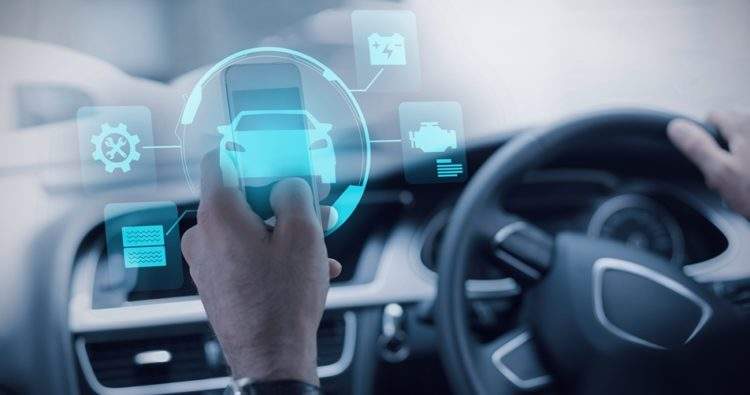
More than half of car owners fear that their vehicle could be hacked, according to a survey conducted by the Institute of the Motor Industry (IMI).
The survey of 907 drivers found that 51% feared their vehicle could be accessed and controlled by a hacker. Despite this, 50% were unaware that their car could be vulnerable to a cyber attack to the same extent as a computer.
Many cars possess connected features such as Wi-Fi and on-board entertainment, with 43% of respondents saying they have integrated sat nav and phone capabilities into their vehicle. Almost half, 47%, were concerned that Wi-Fi technology could be used to steal their car remotely.
On Sunday, Martin Callanan, Parliamentary Under Secretary of State for the Department of Transport, announced guidelines for manufacturers to follow to avoid cars becoming vulnerable to cyber attacks.
While welcoming the announcement, the IMI said that they did not go far enough, arguing that there must also be focus on technicians who work on the cars. The IMI’s research found that 86% of those surveyed believed vehicle technicians should be qualified and regulated to carry out repairs.
Steve Nash FIMI, Chief Executive at the IMI, said: “Computer diagnostics, vehicle programming and software updates are commonplace in the motor industry today. However, with the sector currently unregulated and no national standards in place it’s not always possible to track the people who may have access to our personal information.
How well do you really know your competitors?
Access the most comprehensive Company Profiles on the market, powered by GlobalData. Save hours of research. Gain competitive edge.

Thank you!
Your download email will arrive shortly
Not ready to buy yet? Download a free sample
We are confident about the unique quality of our Company Profiles. However, we want you to make the most beneficial decision for your business, so we offer a free sample that you can download by submitting the below form
By GlobalData“We are working hard to get government to address this area as well as the creation of systems at the manufacturing stage, so that motorists have confidence that they are not at risk.”







